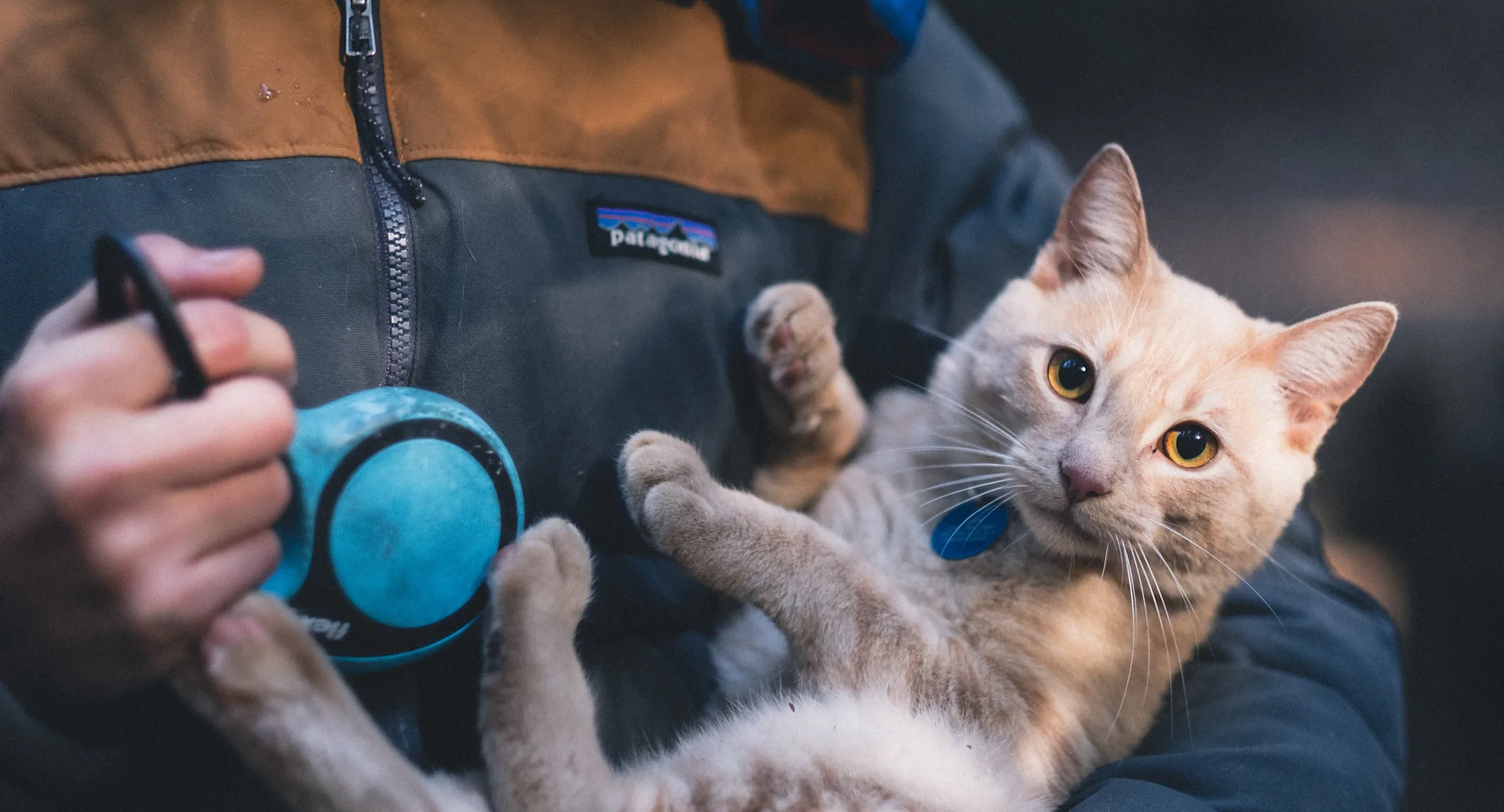Pet Owner Disaster Preparedness
General

Most people with pets consider them family and would do anything to keep them safe. In the event of a natural disaster, a preparedness plan for your pet is essential. In preparing for a possible evacuation, you should have an emergency kit packed with the things that are needed to keep them safe, fed, and entertained.
Keep at least three days of your pet’s preferred food in an airtight, waterproof container.
Water. Store at least three days of water specifically for each pet in addition to water you need for yourself and your family.
Medicines and medical records. Keep an extra supply of medicines your pet takes on a regular basis in a waterproof container. Be sure to include copies of your pet’s registration information, adoption papers, vaccination documents and medical records.
First aid kit should include cotton bandage rolls, bandage tape and scissors; antibiotic ointment; flea and tick prevention; latex gloves, isopropyl alcohol and saline solution. Include a pet first aid reference book.
Collar with ID tag, harness or leash. Your pet should wear a collar with its rabies tag and identification at all times. Include a backup leash in your pet’s emergency supply kit. You should also consider talking with your veterinarian about permanent identification such as microchipping, and enrolling your pet in a recovery database.
Crate or other pet carrier will aid in the event that you must evacuate. The carrier should be large enough for your pet to stand, turn around, and lie down. Sanitation and waste disposal including pet litter and litter box if appropriate, newspapers, paper towels, plastic trash bags, and a disinfectant.
A picture of you and your pet together will help you document ownership and allow others to assist you in identifying your pet. Include detailed information about species, breed, age, sex, color and distinguishing characteristics.
Familiar items such as favorite toys, treats, or bedding will help reduce stress for your pet.
Before a disaster hits, make sure that you have options and know where to go for shelter in case of evacuation.
Call your local office of emergency management to see if there will be shelters in your area that take people and their pets.
Contact hotels and motels outside your immediate area to find out if they accept pets. Be sure to ask about any restrictions on number, size, and species or if a “no pet” policy would be waived in an emergency. Keep a list of animal-friendly places handy and call ahead for a reservation as soon as you think you might have to leave your home.
Make arrangements with friends or relatives outside of your immediate area.
Make a list of veterinarian offices or kennels that might be able to shelter animals in disaster. We are always available to help here at Lafayette Veterinary Care Center!

